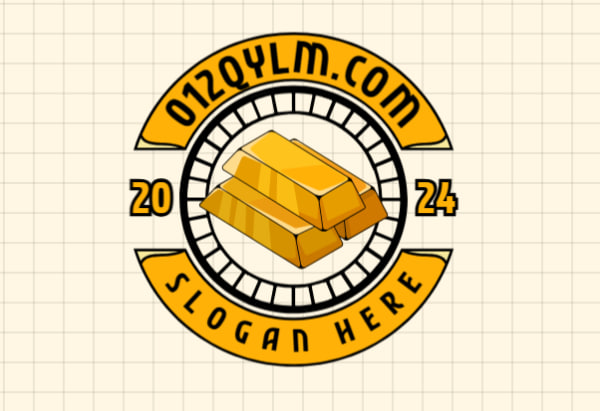International Gold Trading
Gold, a precious metal with a rich history and lustrous sheen, has been a cornerstone of global trade and finance for centuries. Today, the international gold market is a vast and complex network connecting miners, refiners, traders, and investors around the world.
Gold Mining and Refinement
The journey of gold into the international market begins with extraction from mines. Gold is primarily mined in open-pit or underground mines, where it is typically found in ore deposits. Once extracted, the ore is crushed and processed to separate the gold from impurities. The resulting gold concentrate is further refined through a series of metallurgical processes to produce high-purity gold bars.
Gold Trading and Transit
Refined gold bars are traded on global exchanges, such as the London Bullion Market Association (LBMA) and the Shanghai Gold Exchange. The LBMA is the world’s leading market for physical gold trading, setting the benchmark price for the metal. Gold is also traded over-the-counter (OTC) between banks, brokerage firms, and other traders.
Once gold is traded, it is transported to vaults or refineries for storage or further processing. Gold is typically transported in secure containers under heavy security to ensure its safe delivery.

Gold Investment
Gold is not only a valuable commodity but also a popular investment. Investors hold gold as a hedge against inflation, a safe haven asset during economic uncertainty, and a store of value over the long term. Gold can be purchased in various forms, including physical bars and coins, gold exchange-traded funds (ETFs), and futures contracts.
Global Gold Demand
The demand for gold on the international market varies depending on factors such as economic conditions, geopolitical risks, and cultural preferences. Major consumers of gold include:
* Central banks: Central banks hold gold reserves as a store of value and a means of diversification.
* Jewelry manufacturers: Gold is a popular material for jewelry, particularly in India and China.
* Technology: Gold is used in various electronics and industrial applications.
* Private investors: Individuals invest in gold as a hedge against inflation and as a safe haven asset.
Regulation and Transparency
The international gold market is subject to regulations and standards to ensure market integrity and transparency. These regulations cover aspects such as trading practices, reporting requirements, and anti-money laundering measures. The World Gold Council, an industry organization, plays a key role in promoting best practices and ethical standards in the gold market.
Conclusion
The international gold trading market is a dynamic and multifaceted industry that plays a crucial role in the global economy. From extraction to investment, gold flows through a complex network connecting various players worldwide. The demand for gold remains strong as it continues to be valued as a precious metal, a safe haven asset, and a long-term investment. As the global market evolves, the international gold trading industry will continue to adapt and thrive, meeting the changing needs of investors and consumers alike.
原创文章,作者:Kevin,如若转载,请注明出处:https://fangeou.com/957.html
